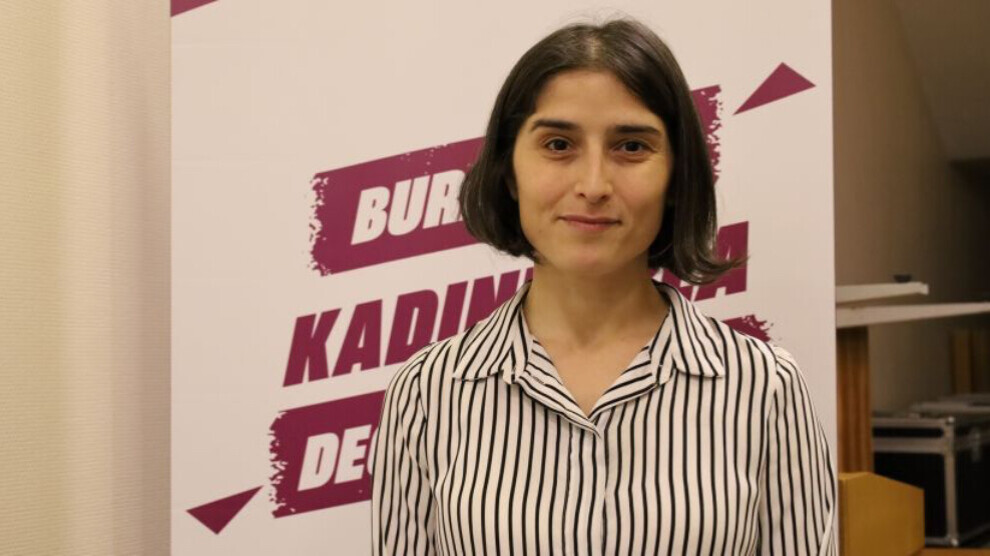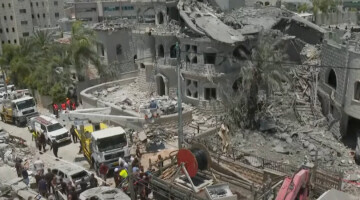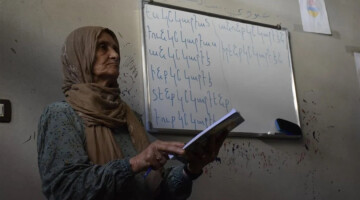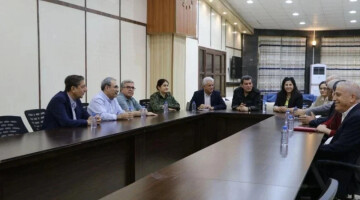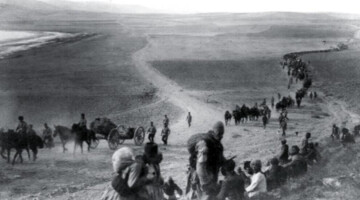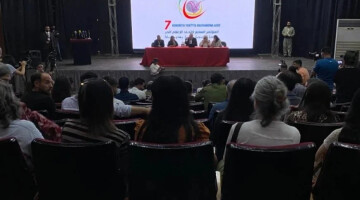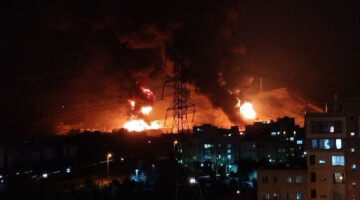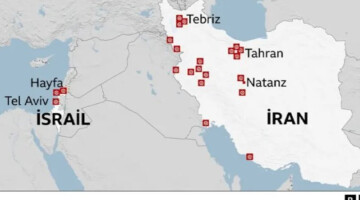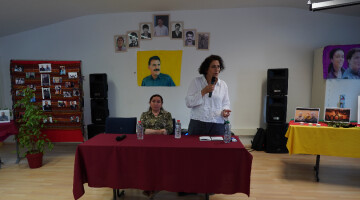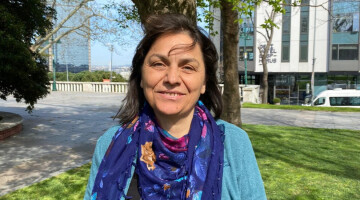DEM Party Amed MP Ceylan Cupolo Akça, who took part in the Great Freedom March that took place between February 1-15 while the hunger strike of PKK and PAJK prisoners in Turkish prisons and the Justice Vigil led by prisoners' relatives continued, spoke to ANF.
Akça said, "Our march was incredibly enthusiastic, the people showed great embrace. Both the people and the marchers showed great determination."
'They want to cut Öcalan's ties with the outside, with his people'
Ceylan Cupolo Akça stated that firstlt, it is necessary to look at the position of the Kurdish People's Leader Abdullah Öcalan, who has long been subjected to isolation, rather than the way the isolation is applied, and said: "They are deepening this isolation system more because they know what Mr. Öcalan means to the Kurdish people and what kind of change he can bring in the Middle East. They want to cut Mr. Öcalan's ties with the outside, with his people, and prevent him from leading the way. A very deep message is being sent to the entire Kurdish people. I always make this analogy and I will make it again; there is an incredible similarity between the regime in South Africa and the regime in Kurdistan."
All the actions against isolation were initiated by the people
Noting that all the actions against isolation, which could be classified as disobedience, were initiated by the people, Akça continued: "The people or civilians, i.e. civil society organizations, took the lead in those actions. As political figures, we took part in the protests that were initiated. In this protest, the leadership was actually in prisons. As MPs, as politicians, we staged the Great Freedom March and tried to take part in the street part of the existing actions, in the part of being in touch with the people. It was the mothers, the prisoners, the people who took to the streets risking everything that could happen to them, even though they did not have any political immunity. The prisoners took the first step and took this responsibility when the conditions inside were difficult enough and there was enough pressure. We also know more or less how this action will be returned to the prisoners by the prison administration. They will try to put the prisoners under pressure with disciplinary penalties and maybe they will be denied release. Perhaps many of those taking part in protest actions will be investigated under enemy law, including our mothers on the streets, but despite all this, despite the politics of intimidation, mothers and prisoners are leading the way on this issue."
The solution to many crises depends on the opening of the doors in İmralı
Akça emphasized that since all of these actions were carried out for the interests of the society, they were embraced by the society. She added: "Our march was incredibly enthusiastic, the public showed great embrace. Both the people and the marchers showed great determination. Thousands of people came to welcome us in every city, and the people accompanied us on our march and visits in the city and gave us strength. The demands that bind us together were voiced in every city. Despite obstructions and threats by the police, the people did not leave the march alone and did not give in to threats. This made our objection to isolation and our determination to ensure his physical freedom much clearer. The solution to many crises depends on the opening of the doors in İmralı. Everyone is now well aware of this."

